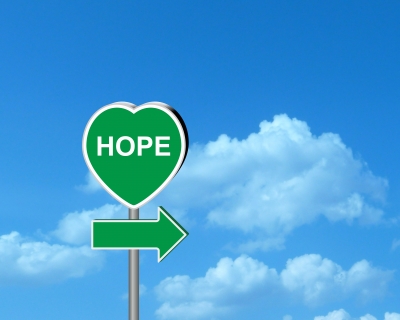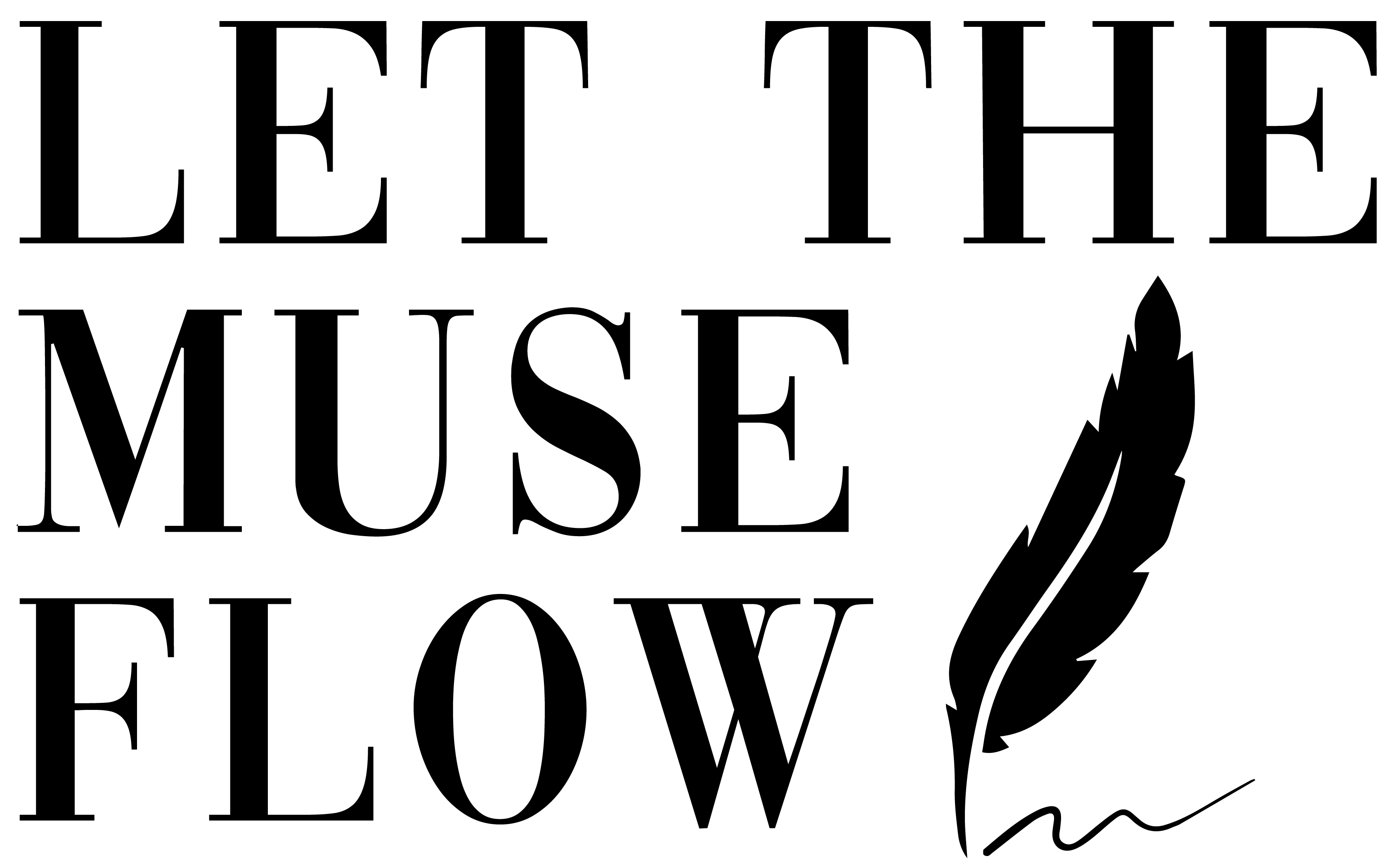
In reading a related article on Harvard Business Review blog, Hope is a Strategy (Well sort of), I definitely drew some inspiration from Deborah Mills-Scofield. She has very intelligently deduced some unconventional yet real observations on why hope is not always illusion when combined with tangible results and rational optimism.
But think about sales for a moment.
When we are calling a new prospect, using advanced customer relationship management software and visioning the plan of the call, we base it on the hard data given to us by the system. And we quite exuberantly call and believe that we can close it strong – but, to you surprise, it doesn’t always happen the way it should.
Sounds trite? Maybe. So here are few observations that could give a perspective of why I claim that hope is a strategy in Sales.
Hope is discerning the probable and possible. That’s given. But, hope is also a synthesis of possible and probable. It is gives the salesperson the right arsenal of tangible and intangible data to aptly point out the real from the abstract and distill it into a strategy for the company and the prospect.
Not let’s flesh this out unequivocally via an example: let’s say you are into technology sales, and you are given a product that effectively streamlines your sales and marketing processes – a relationship management cloud that connects you with other prospects and products based on your prospect’s niche or business line. So if you are traveling to New York for a new business pitch, then the software guides you with other such companies in that region, which you could potential prospect or meet. Now this is real time data at your fingertips with the help of which you can make more connections in that metro area.
Now, club that information with the general opportunities and threats of that industry (trigger events?) based on your past experience with similar kind of prospects or hope or a certain level of predictable thought pattern that could impact your prospect’s business and people growth: a perfect concoction of real and not-so-real.
So the derivative is: nearly possible and hugely probable strategy.
Hope in sales connotes that not everything that you plan will happen, and not everything what we foresee based on our past experience, tangible and intangible data will transpire as a distant reality.
In fact hope is the real outlook. Why? Sometimes, the real plan emerges from the unreal and unknown via an assumptive approach, which, by a large margin, is how a salesperson starts an authentic conversation: that eventually seeds an element of trust between you and your prospect.
Hope gets the best out of an individual’s little but creative mind.
So hope. And creatively hope; strategy will follow (and that’s hope, too!)
Image courtesy of Vlado. at FreeDigitalPhotos.net

